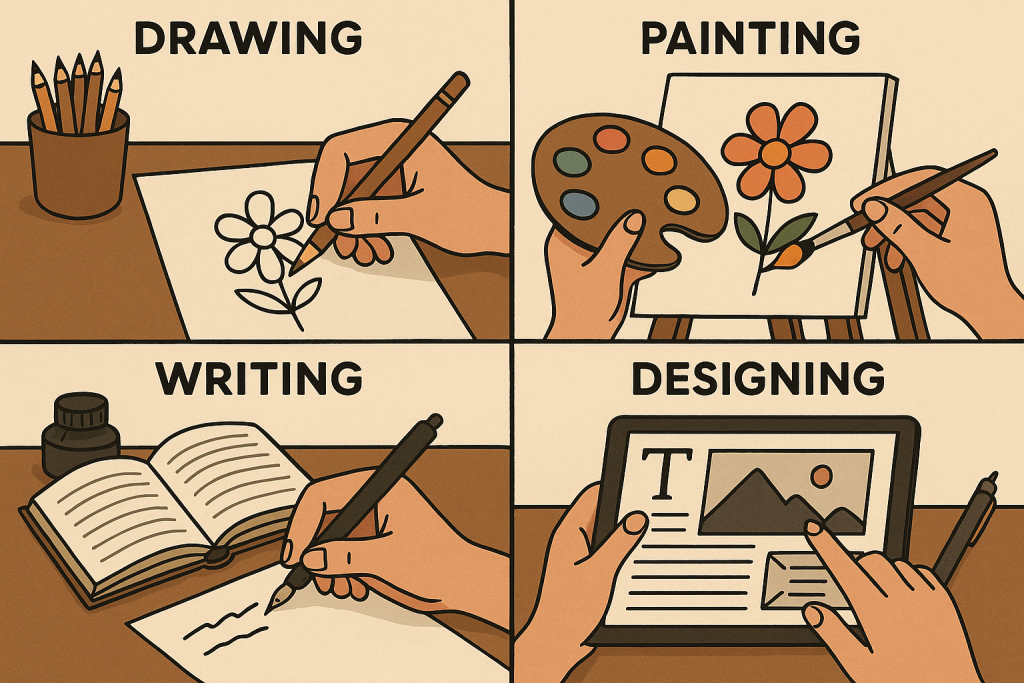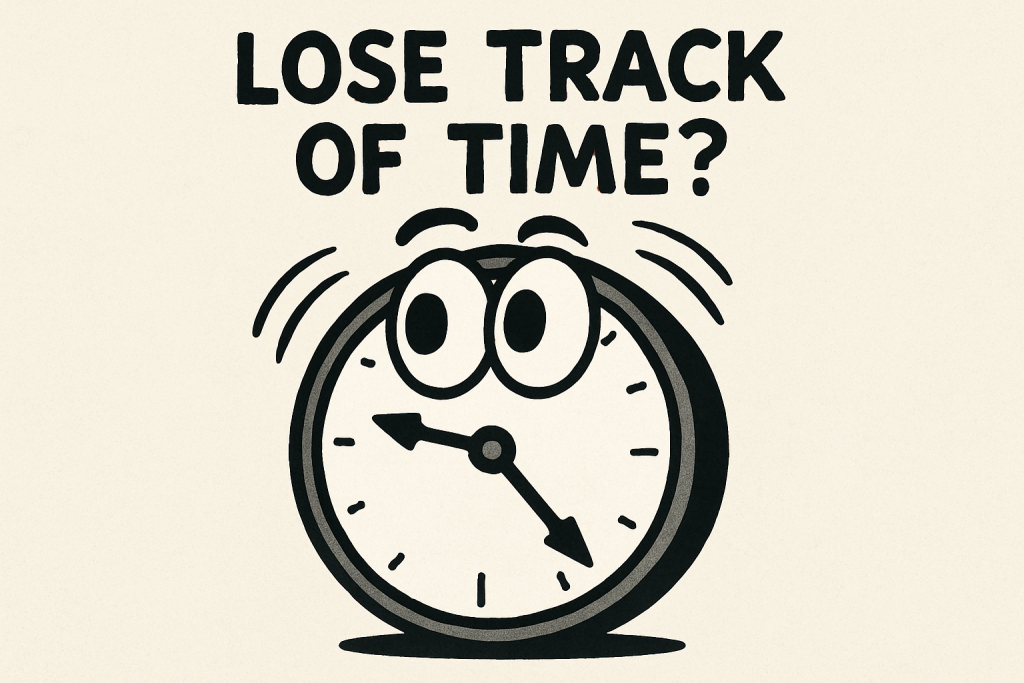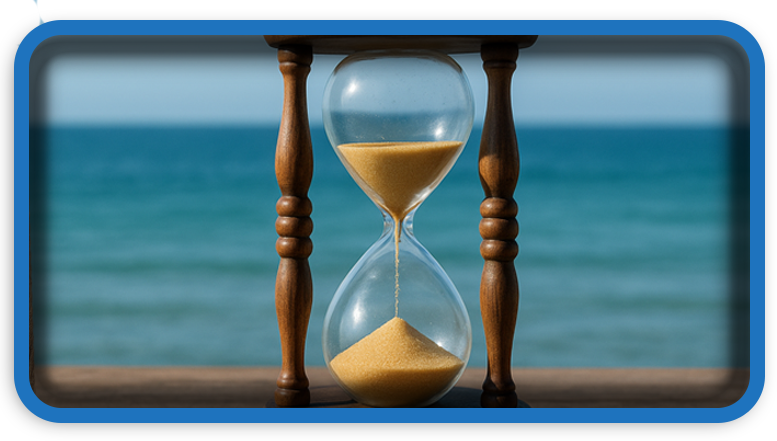⏲️ Estimated reading time: 5 min
Which activities make you lose track of time?
⏳ Which Activities Make You Lose Track of Time? Discover What Fuels Your Passion
Some activities are so engaging, we forget the clock even exists. From deep conversations to creative flow, discover the top activities that make people lose track of time and why they’re important for your well-being and productivity.
⏱️ The Fascinating Psychology Behind Losing Track of Time
Have you ever been so absorbed in something that hours flew by like minutes? That phenomenon is known as “flow,” a state of complete immersion where time seems to pause. Coined by psychologist Mihaly Csikszentmihalyi, the flow state is often linked to happiness, creativity, and peak performance.
In this post, we explore the most common and powerful activities that make people lose track of time, how they affect our mental state, and how you can tap into them more often.
🎨 1. Creative Expression: Drawing, Painting, Writing, and Designing
Artists, writers, and creators often find themselves forgetting to eat, sleep, or even check the time when they’re in their creative zone. Whether it’s painting on canvas, sketching ideas, writing stories, or designing graphics creative activities engage both logic and emotion, pulling us deep into a mental flow.
“When I write, I exist nowhere else but the page. Time doesn’t exist.”
Why it happens:
- Strong emotional connection
- High concentration and self-direction
- Immediate feedback and sense of control

🎮 2. Gaming: The Digital Playground That Bends Time
Video games are masterfully designed to keep players engaged. With clear goals, fast feedback, visual rewards, and escalating challenges, games trick our brains into entering a timeless tunnel. It’s not uncommon to start a session at 8 p.m. and suddenly realize it’s 2 a.m.
Why it happens:
- Instant feedback loops
- Dopamine spikes from rewards
- Immersive storytelling and competitive thrill
📚 3. Reading: A Portal to Other Worlds
Books have the magical power to transport readers into other lives, times, and dimensions. A gripping novel or an absorbing non-fiction book can easily make you forget the real world.
“Just one more chapter” turns into an all-night read.
Why it happens:
- Mental imagery and empathy
- Escapism and emotional resonance
- Deep intellectual stimulation

🎶 4. Playing or Listening to Music
Musicians often experience time distortion when playing an instrument or composing music. Likewise, music lovers can spend hours curating playlists, exploring genres, or simply lying back with headphones.
Why it happens:
- Rhythm synchronizes with brain waves
- Emotional activation and catharsis
- Meditation-like effect
👨🍳 5. Cooking or Baking from Scratch
Cooking is more than survival it can be a highly immersive experience. From chopping vegetables to experimenting with spices and tasting flavors, the act of creating something delicious is deeply satisfying.
Many chefs describe their kitchen hours as “timeless therapy.”
Why it happens:
- Multisensory engagement (taste, smell, sight)
- Creativity and control over outcome
- Focus on the moment
🚶 6. Walking in Nature or Hiking
Spending time in nature not only resets your mental state but also tends to warp your sense of time. A simple walk in the woods or a hike up a trail can dissolve stress and disconnect you from the clock.
Why it happens:
- Connection with natural rhythms
- Physical movement and sensory focus
- Reduced digital distraction
💬 7. Deep Conversations With Friends
Ever had a conversation so deep and satisfying that you lost track of everything else? When we connect on an emotional or intellectual level, time seems irrelevant. These moments build trust and intimacy.
Why it happens:
- Emotional and cognitive engagement
- Flow of ideas and empathy
- Synchronization of brain activity
👩💻 8. Coding, Problem Solving, or Puzzles
Programmers, mathematicians, and puzzle enthusiasts all describe entering a zone where nothing else matters. Solving a problem becomes a mental adventure, absorbing all attention.
It’s not uncommon for developers to forget meals while debugging code.
Why it happens:
- Cognitive challenge + achievable goals
- Trial-error feedback loop
- A sense of progress and mastery
🛠️ 9. DIY Projects and Crafting
From woodworking to scrapbooking, knitting to home repairs hands-on activities that require problem-solving and attention to detail keep the brain busy and time irrelevant.
Why it happens:
- Kinesthetic engagement
- Sense of accomplishment
- Tactile focus and concentration
✈️ 10. Traveling and Exploring New Cultures
When you’re in a new country, everything is unfamiliar and stimulating. Time feels elastic when you’re walking down foreign streets, trying new foods, or learning local customs. Travel expands your mind and disrupts your schedule (in the best way).
Why it happens:
- Constant novelty
- Heightened awareness
- Emotional excitement and discovery
🌟 Reclaim Your Flow State
Now that you know which activities are most likely to make you lose track of time, think about which ones resonate with your personality and passions. Reconnecting with these experiences can:
- Boost productivity
- Reduce stress
- Increase overall life satisfaction
Try scheduling more “flow” time into your routine. Whether it’s writing, hiking, coding, or painting, these moments of timelessness are your mind’s way of saying: this is where you belong.
🔔 For more tutorials like this, consider subscribing to our blog.
📩 Do you have questions or suggestions? Leave a comment or contact us!
🏷️ Tags: productivity, time management, flow state, mindfulness, creativity, personal development, hobbies, self-care, psychology, lifestyle
📢 Hashtags: #FlowState, #TimeFlies, #Mindfulness, #ProductivityTips, #HobbiesThatHeal, #CreativeFlow, #DeepWork, #MentalHealth, #LifeBalance, #DoWhatYouLove
Final Reflection
It’s easy to believe that being busy means being productive but the truth is, meaningful engagement is what truly enriches life. When time melts away in the presence of passion, creativity, or connection, we’re tapping into what makes us feel alive. So ask yourself: What makes you forget the clock and can you do more of it?
Let your timeless moments guide your purpose.
Only logged-in users can submit reports.
Discover more from HelpZone
Subscribe to get the latest posts sent to your email.

